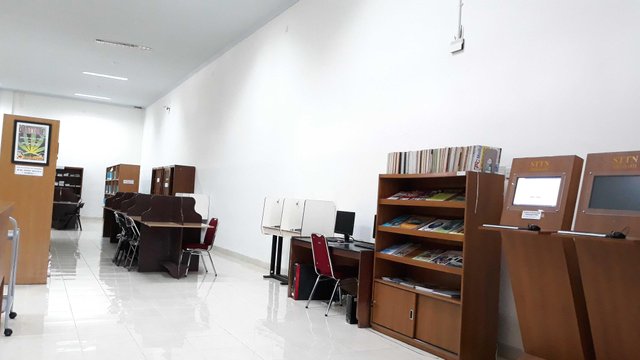
Current technological advances can not be separated from people's lives. Various information that occurs in various parts of the world now we can know directly thanks to technological advances (globalization). If we first know the saying "the world is not as wide as the leaves of kelor", now that proverb should change; the world today as wide as the leaves of kelor, because the rapid access of information in various parts of the world make the world as narrow because we can see what happened in America for example, even though we are in Indonesia. Gideens, states that globalization creates new demands and opportunities to regenerate local identity. Globalization also creates an economic region and new cultures capable of crossing national borders. Therefore, the central government should no longer be the sole decision maker. Similarly, Kenichi Ohmae stated that "central government is no longer the only game in town. As a result, then is no longer single head bird in the flock of flying geese ". In addition, the government should not be identified with the "government" -the national government and become more widespread. Governance becomes a more relevant concept to refer to some form of administrative or oversight position.
In essence, globalization is a complex range of processes that are driven by various political and economic factors. Globalization can change everyday life especially in developing countries and at the same time able to create new trans-national system and energy. It is more than a background to the contemporary policies of globalization transforming the institutions of society in which we are, therefore Anthony Giddens states that globalization directly leads to several consequences to the state, as follows: (a) the state must respond to globalization structurally; (b) the state should expand the role of public space; (c) to maintain or gain legitimacy, and a country without an enemy must improve the efficiency of its administration; (d) the downward pressure of globalization not only introduces the possibility but also the importance of other forms of democracy rather than the usual voting we know; and (e) than in the past, countries without enemies of today are more reliant on their capacity to manage risk. The consequence of the above (a) above implies a decentralization process, but not as a one-way process, but globalization that can create strong reason and drive not only in the transfer of authority down but also upward. The globalization movement made the government more responsive to the demands of society and made policies that fit the local conditions (subsidiarity principle). In Foy's opinion, "doing things and taking decisions at the lowest level as posibble. "The subsequent consequences in subparagraph (b), implies the existence of constitutional reforms directed at transparency and giving a greater role to the public to participate in the determination of policies relating to the needs local and touch the needs of the community (discretionary power and participatory development). Buch & Hansen, stated that a participatory development approach should start with people who know best about their own life systems. This approach should begin to assess and develop their knowledge and skills and provide the necessary advice for them to develop themselves.
This certainly requires a change in practice and thinking, in addition to development assistance. From Mikkelsen said that in the paradigm of participatory development there are two perspectives, namely; First, the involvement of local communities in the electoral process, the review, planning, and implementation of development that color their lives, so that it will be guaranteed all local perceptions, mindsets and behaviors and their values and knowledge are fully considered. Second, make feedback which is essentially an integral part of development activities. The paradigm of participatory development likens, that society optimize its ability and skill in development process. Thus, competence (professionalism) is the key to human resource development in the order; bureaucracy, society, and the business world. Furthermore they professionally perform their respective roles according to their abilities. For development purposes to be achieved, development planning should be made "aspirational-accommodative" to the needs and potential of local communities. In the end, development can be declared successful, if available measurement instruments to know how far the local community empowerment resulting from a development process.